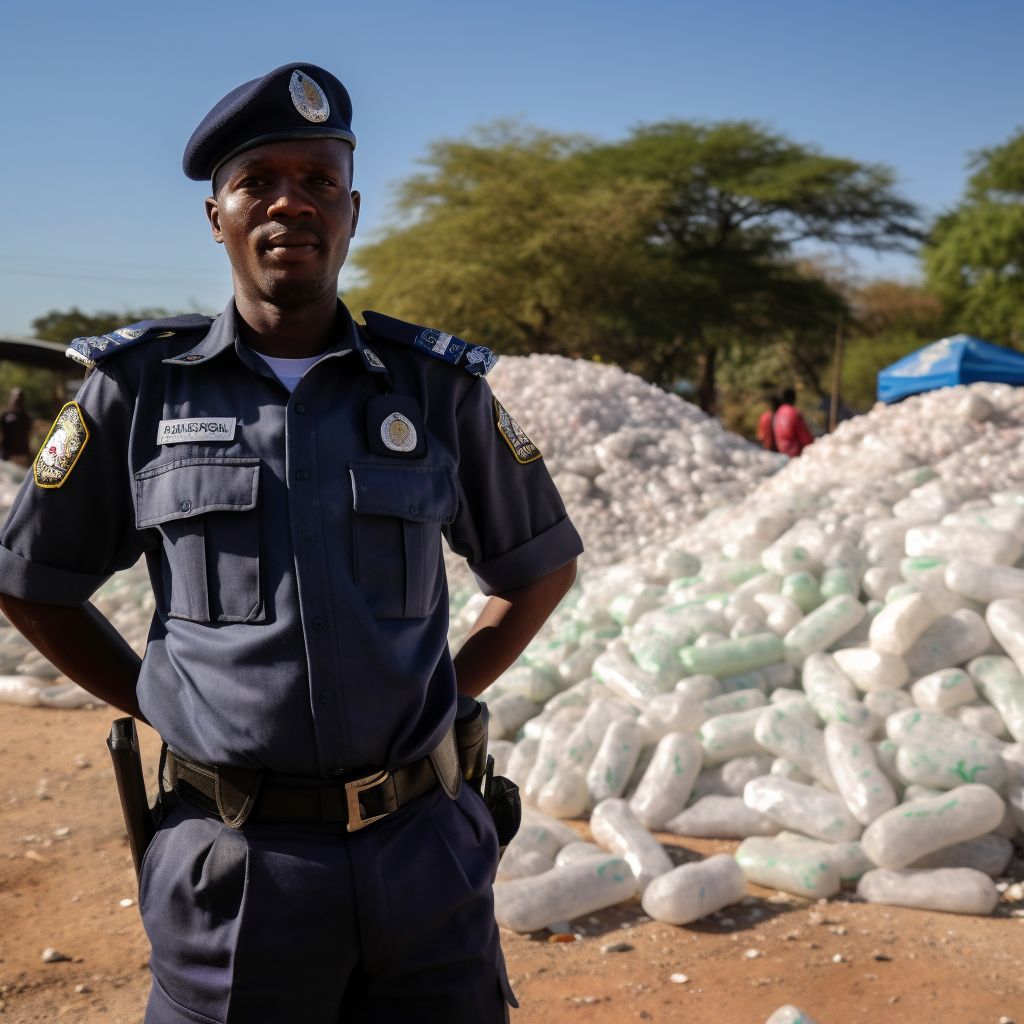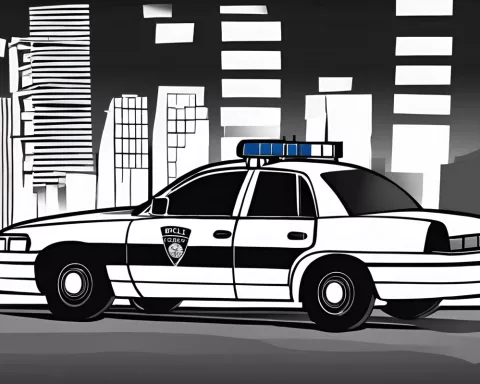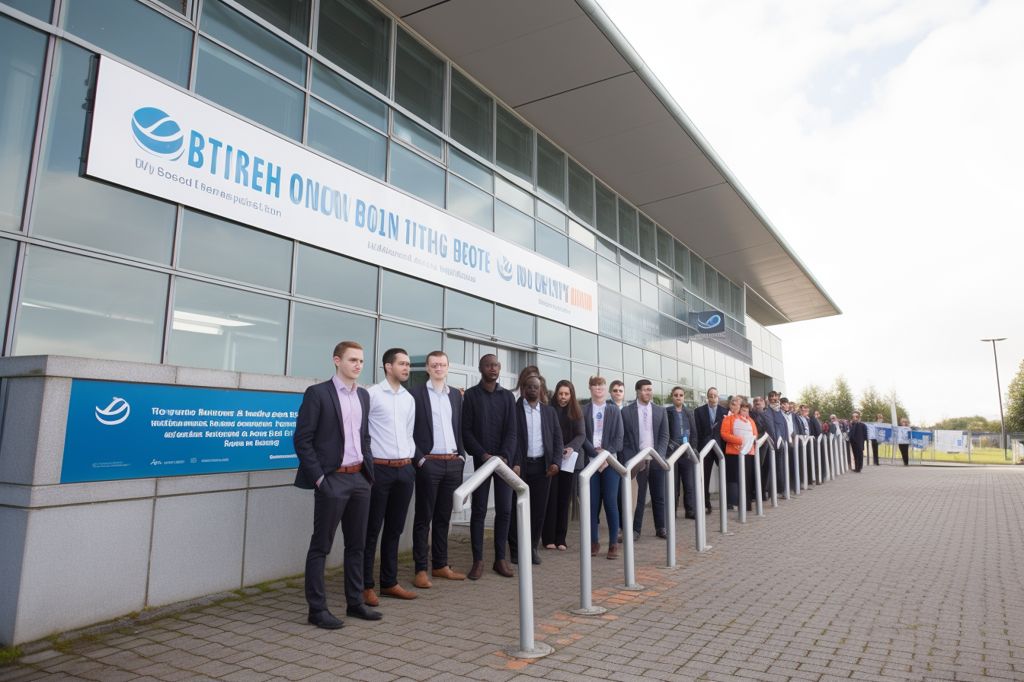Over the past week, Cape Town’s enforcement departments have carried out a comprehensive operation, leading to the arrest of 283 suspects and the issuance of 59,834 fines for various offenses. The city’s authorities have expressed their concern regarding the high number of road accidents and are calling for citizens to take responsibility for their own safety and that of others.
Law Enforcement Department and Metro Police Department’s Efforts
During the operation, the Law Enforcement Department made 179 arrests and issued 3,536 fines. Meanwhile, the Metro Police Department made 52 arrests and issued 5,402 fines. Additionally, officers successfully recovered a range of drugs, including mandrax, tik, and dagga.
Alderman JP Smith, the City’s Mayoral Committee Member for Safety and Security, highlighted the importance of public tip-offs in addressing drug-related offenses. He expressed that swift and effective action on these crimes, not only serves as a deterrent but also prevents escalation to more severe incidents.
Cape Town Traffic Services’ Measures to Ensure Road Safety
Cape Town Traffic Services conducted integrated roadblocks, vehicle checkpoints, and speed control operations. These measures recorded 50,896 offenses. Furthermore, the officers impounded 231 public transport vehicles, executed 1,133 warrants of arrest, and made 52 arrests. Out of the arrests, 40 were for driving under the influence, and 12 were for reckless and negligent driving.
Alderman Smith’s Call for Road Safety
According to the Public Emergency Communication Centre (PECC), there were 52 motor vehicle accidents and 17 pedestrian vehicle accidents within a 48-hour span over the weekend. Alderman Smith reiterated the need for road users to be responsible, urging drivers to obey speed limits, use headlights, and be extra vigilant for pedestrians. He also advised pedestrians to wear brightly colored clothing and avoid jaywalking to reduce the risk of accidents.
Commitment to Maintaining a Safe Environment
Cape Town’s enforcement departments have demonstrated their commitment to maintaining a safe environment for citizens by conducting these extensive operations. The results of their efforts indicate that there is a pressing need for the public to take responsibility for their own safety, as well as that of others, and to adhere to the city’s rules and regulations.
Reporting Criminal Activity and Emergencies
Residents can report criminal activity or emergencies by calling 021 480 77 00 from a cell phone or 107 from a landline. It is essential for citizens to remain vigilant and report any suspicious activities or incidents to help the city’s enforcement departments in continuing to maintain the safety and security of the community.












